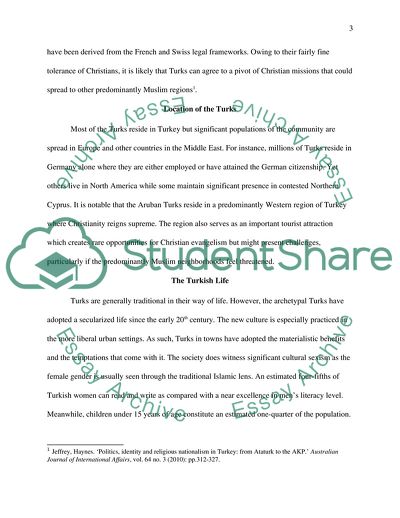Cite this document
(The Old Turks' Revolt Report Example | Topics and Well Written Essays - 2750 words, n.d.)
The Old Turks' Revolt Report Example | Topics and Well Written Essays - 2750 words. https://studentshare.org/religion-and-theology/1849760-unreached-people-group-project-the-turks-of-turkey
The Old Turks' Revolt Report Example | Topics and Well Written Essays - 2750 words. https://studentshare.org/religion-and-theology/1849760-unreached-people-group-project-the-turks-of-turkey
(The Old Turks' Revolt Report Example | Topics and Well Written Essays - 2750 Words)
The Old Turks' Revolt Report Example | Topics and Well Written Essays - 2750 Words. https://studentshare.org/religion-and-theology/1849760-unreached-people-group-project-the-turks-of-turkey.
The Old Turks' Revolt Report Example | Topics and Well Written Essays - 2750 Words. https://studentshare.org/religion-and-theology/1849760-unreached-people-group-project-the-turks-of-turkey.
“The Old Turks' Revolt Report Example | Topics and Well Written Essays - 2750 Words”. https://studentshare.org/religion-and-theology/1849760-unreached-people-group-project-the-turks-of-turkey.


